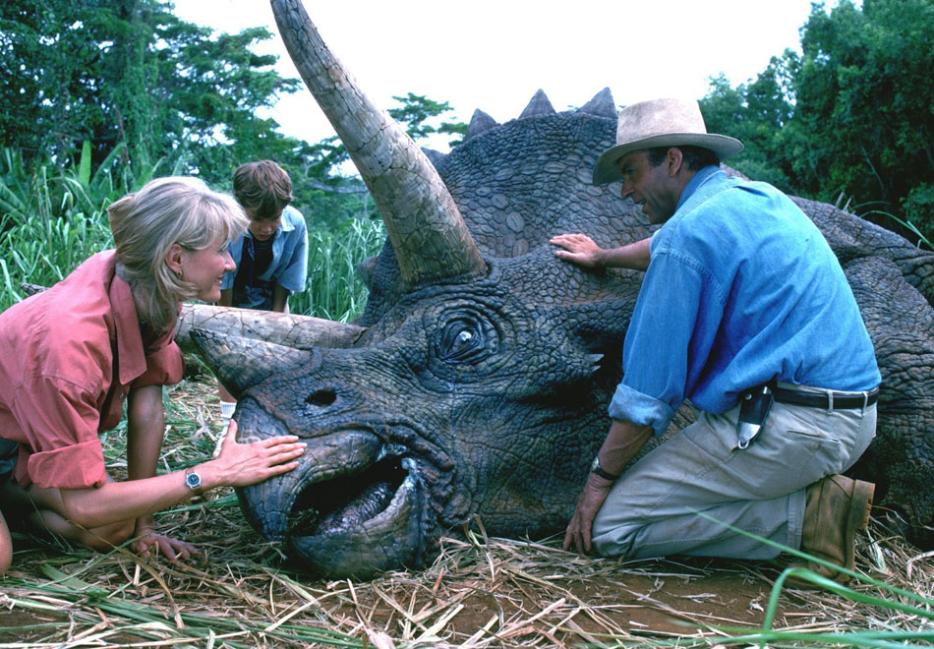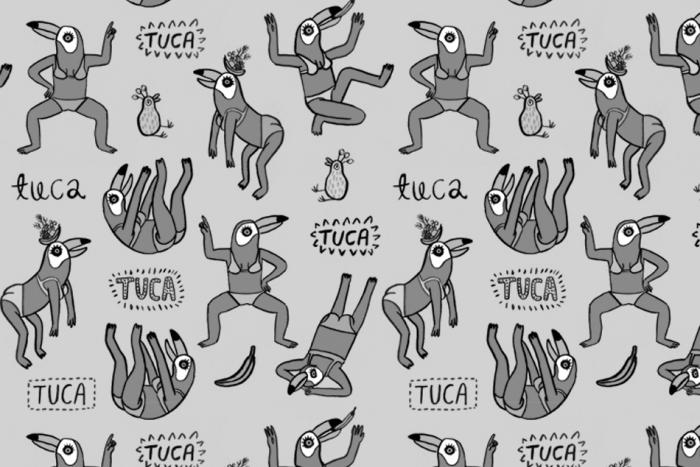If I understand Steven Spielberg correctly, he’s not against Hollywood blockbusters, but he is against Hollywood blockbusters that he didn’t make. In a controversial speech he gave at the University of Southern California in June, he warned of a coming “implosion” of the film industry if they continued to put all their eggs in the mega-budget monster-hit basket. All it would take, he said, is two or three high-profile flops and the whole business model would collapse. In response, Hollywood rolled its collective eyes, given that the warning came from a man whose last film, Lincoln, was about one man’s breathless quest to attain Congressional support for the passing of a bill, without a single dinosaur in the script.
But then came the summer of The Lone Ranger, White House Down, and After Earth, all of which which failed to make billions, thereby realizing the Spielberg prophecy, and Hollywood got nervous. Walt Disney Studios chairman Alan Horn told The Hollywood Reporter that, for a bruised industry, some “introspection and postpartum discussion” was in order after a bad summer. In August, however, came the coup de grâce: Jurassic Park 3D opened globally with $30 million in box office sales, $28.8 million of which came from China alone, making it, for one summer weekend, the biggest selling film on the planet. Of course, Jurassic Park is a Spielberg movie.
So now Hollywood is like the patient who’s told to give up cigarettes, while the doctor himself smokes like a diesel. It’s a confusing time for Alan Horn and his newly introspective friends who are trying not only to stay ahead of commercial trends but to invent them. But in a way the summer of 2013 only confirms what the film industry has known for years: there is money in blockbusters. In China. Spielberg, for all his talk of “implosion,” only proved the case.
The future of Hollywood is in movies that will travel well to Asia, or better yet, that are made in Asia. In China, box office sales rose 30 percent last year to $2.7 billion. In 10 years, China is expected to have more available screens than the United States. That will mean even more movies with characters, settings, and stories that are vaguely cross-cultural, geographically inconspicuous, and preferably inoffensive to anyone everywhere. A movie like The Mortal Instruments: City of Bones, about a young woman pressed into service to save the world from demons, pretty much ticks all the boxes. Maybe it’s good. But it was made with overseas sales in mind.
Which is why it’s quaint now to think that non-Americans, especially Europeans, used to value American pop culture because of its unabashed American-ness. “The Yanks have colonized our subconscious,” says a German character in Wim Wenders’ Kings of the Road, not as a lament but as a guarded tribute: Elvis Presley, John Coltrane, and the director John Ford, who made westerns, were mythic heroes who represented an albeit flawed America at its cultural apex.
Now Hollywood is like the patient who’s told to give up cigarettes, while the doctor himself smokes like a diesel.
In a 1972 novel called Short Letter, Long Farewell by the Austrian writer Peter Handke (who wrote the screenplay to Wenders’ Wings of Desire), an unnamed German leaves home to escape a failed marriage and winds up in the States, where the movies say dreams come true or at least look sharper under big skies. His wife follows him. It’s never clear, however, who’s following whom and to what end: maybe she wants to kill him, maybe he’s trying to get away from her, but maybe he wants her to find him and finish the job.
They circle each other from motel to bar to motel from Philadelphia to Arizona to Los Angeles, and the German absorbs every detail. “A waiter went into the kitchen and came back chewing,” writes Handke. “The cloakroom attendant laid out a game of solitaire. She had a pin in her mouth and, while playing, stirred a cup of coffee that was perched on the rail.” It’s as if America itself is a movie and if he blinks he risks losing the plot. To him, it is a movie: a myth as directed by John Ford. And in the end, when he finally finds his wife or vice versa, the trip turns into a pilgrimage to find the one man who can explain everything: John Ford. They find him in Los Angeles.
The real John Ford won six Academy Awards, including Best Director for How Green Was My Valley and The Grapes of Wrath. The first three times he won he didn’t bother to show up for the ceremonies. “Once I went fishing,” he said, “another time there was a war on, and on another occasion, I remember, I was suddenly taken drunk.” By all accounts he didn’t care to be seen as a myth-maker: “I make westerns,” he once said, by way of explaining himself, and that was that. But for Handke and his unnamed character, coming as they did from a wounded Europe, the Ford films described a place of virtue and decency attained through hardship and heartbreak. It was a made-up America but on the screen, it looked right.
The pilgrimage in Short Letter, Long Farewell ends up at the prophet’s mount, a colonial-style house in Bel Air with wicker chairs and footstools covered in Indian blankets. Ford and his guests, the German and his wife, talk about the orange groves and about nature, and, soon enough, about how people learn to live:
“Up to a century ago,” says the fictional Ford, “the people who thought about progress were the people who had the power to bring it about. Until recently new ideas originated with the powerful; with princes, industrialists, public benefactors. Today the men with power have ceased to be benefactors of mankind; at best they do things that benefit certain individuals. Today all the new ideas come from the poor and powerless. The men with the power to change anything have stopped thinking. So no change is possible.” Then he lights a cigar.
He could be talking about Hollywood 40 years later, where the powerful make generic 3D thrillers about non-specific people, places, and things in order to capitalize on foreign markets. In Handke’s time, and it’s not that long ago, the foreign market wouldn’t have stood for it: they once held the Yanks to higher standards, on story-telling, character, and the you-gotta-love-em faith in their own fractured mythology. Handke’s novel is a love letter to a culture that used to be. But that America stopped thinking. So no change is possible. Until the implosion.
The Lost Library: forgotten and overlooked books, films and cultural relics from Tom Jokinen’s overstuffed Ikea bookshelves.






